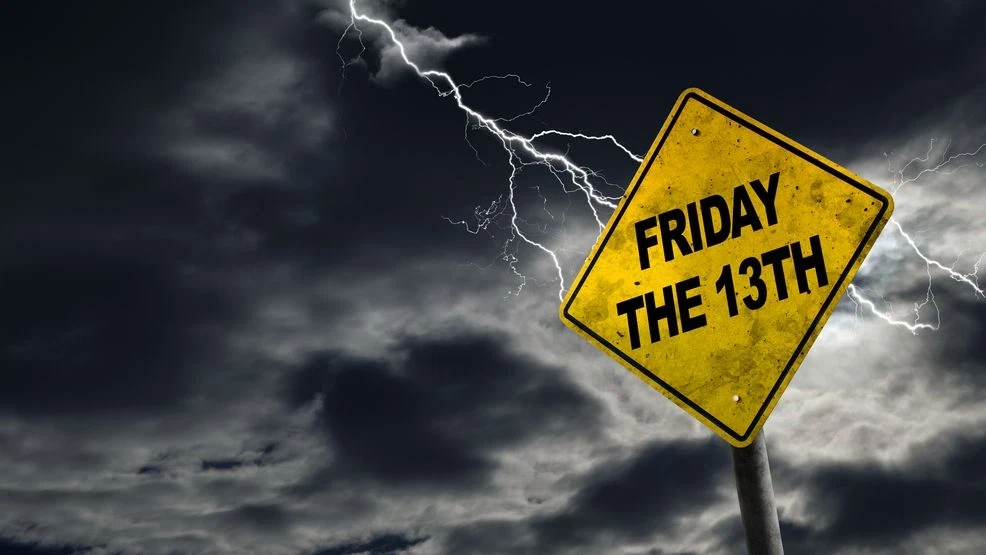Friday the 13th is considered a day of superstition, fear, and folklore in many cultures, especially in the Western world. Here’s what makes it special:
Unlucky Association
Historical Origins: The fear of Friday the 13th is a combination of two separate superstitions: the belief that Friday is an unlucky day and the number 13 is unlucky. This fear is known as “paraskevidekatriaphobia” (fear of Friday the 13th).
Friday: In Christian tradition, Friday is often seen as unlucky because it’s believed that Jesus Christ was crucified on a Friday.
Number 13: The number 13 is seen as unlucky in many cultures due to its association with imbalance. It follows 12, which is considered a “perfect” number in many traditions (12 months in a year, 12 zodiac signs, 12 apostles of Jesus, etc.), while 13 feels incomplete or irregular.
Religious and Mythological Significance
Norse Mythology: One of the earliest origins of the superstition comes from a Norse myth. According to legend, 12 gods were having a banquet when Loki, the trickster god, crashed the party, making the number 13. Loki’s actions eventually led to the death of Balder, a beloved god, casting the number 13 in a negative light.
Christianity: Another significant factor comes from the Last Supper, where 13 people (Jesus and his 12 apostles) were present the night before Jesus was crucified, which also occurred on a Friday.
Knights Templar
A key historical event tied to Friday the 13th happened in 1307 when King Philip IV of France ordered the arrest of hundreds of the Knights Templar on Friday, October 13. Many of the knights were tortured and executed, contributing to the superstition around the day.
Pop Culture
The idea of Friday the 13th being unlucky has been reinforced in modern times by media and entertainment, particularly by the “Friday the 13th” horror film franchise. The franchise, which started in 1980, follows the story of the hockey mask-wearing villain Jason Voorhees, who terrorizes people, usually on this ominous day.
Global Impact
Western Culture: Friday the 13th is widely regarded as a day when bad things are more likely to happen, and many people avoid making major decisions on this date, like flying, getting married, or starting a business.
Other Cultures: Not all cultures view Friday the 13th as unlucky. In Spain and Latin American countries, Tuesday the 13th is considered a day of bad luck. Similarly, in Italy, Friday the 17th is seen as an unlucky day instead of Friday the 13th.
Psychological Effect
Studies have shown that some people may experience heightened anxiety or stress on Friday the 13th, leading to increased accident rates or financial losses. This is often referred to as a self-fulfilling prophecy, where the belief that bad things will happen actually causes people to behave in ways that increase the chances of something going wrong.
Scientific and Rational View
While Friday the 13th carries a strong cultural significance, there is no scientific evidence to suggest that this day is inherently unlucky or dangerous. Statisticians have shown that the number of accidents, injuries, or other misfortunes on Friday the 13th is not significantly higher than any other day.


